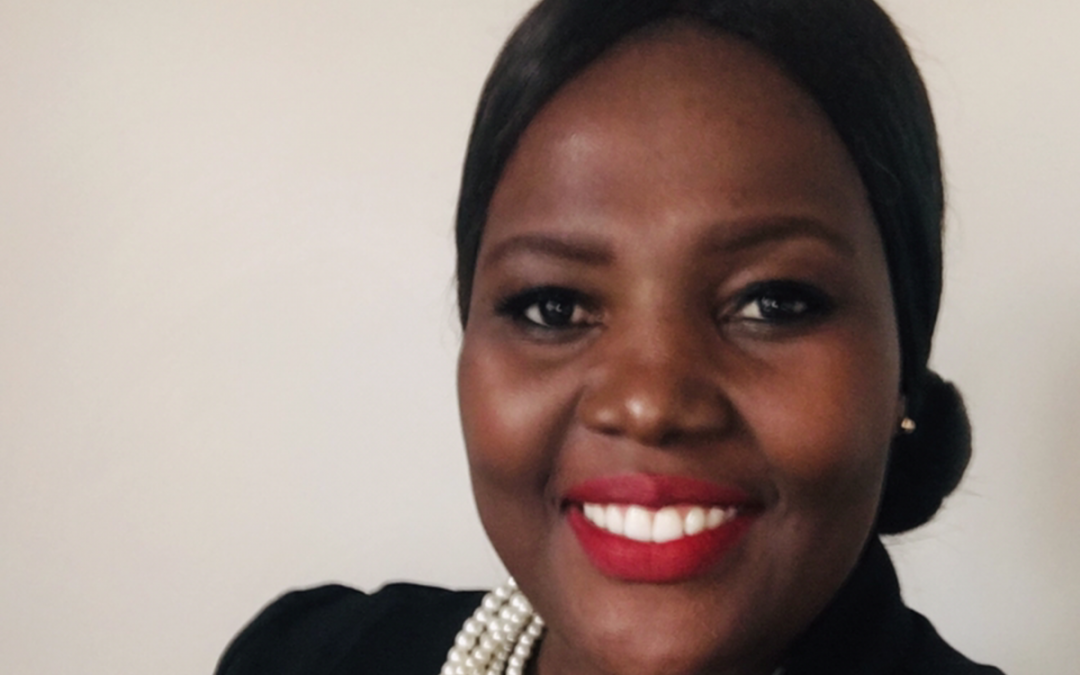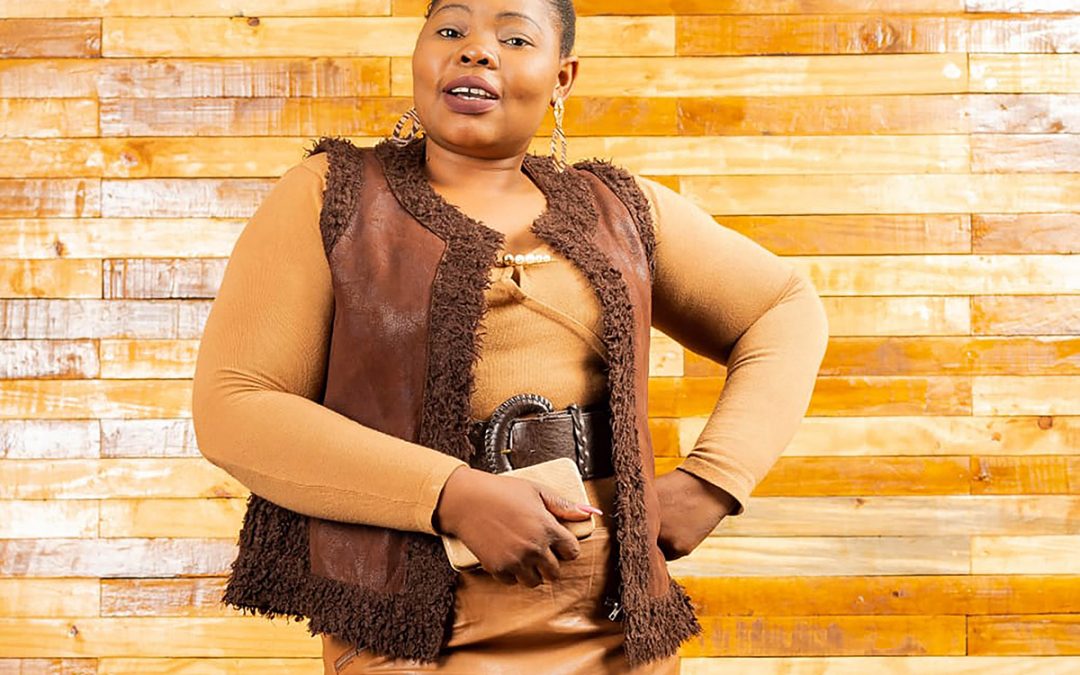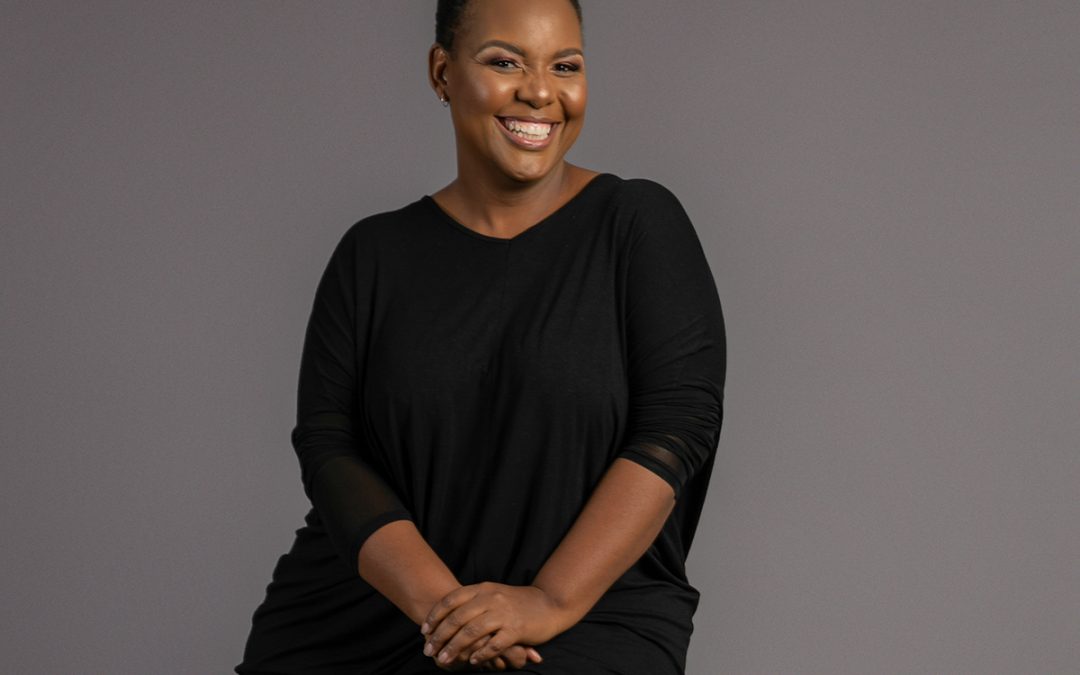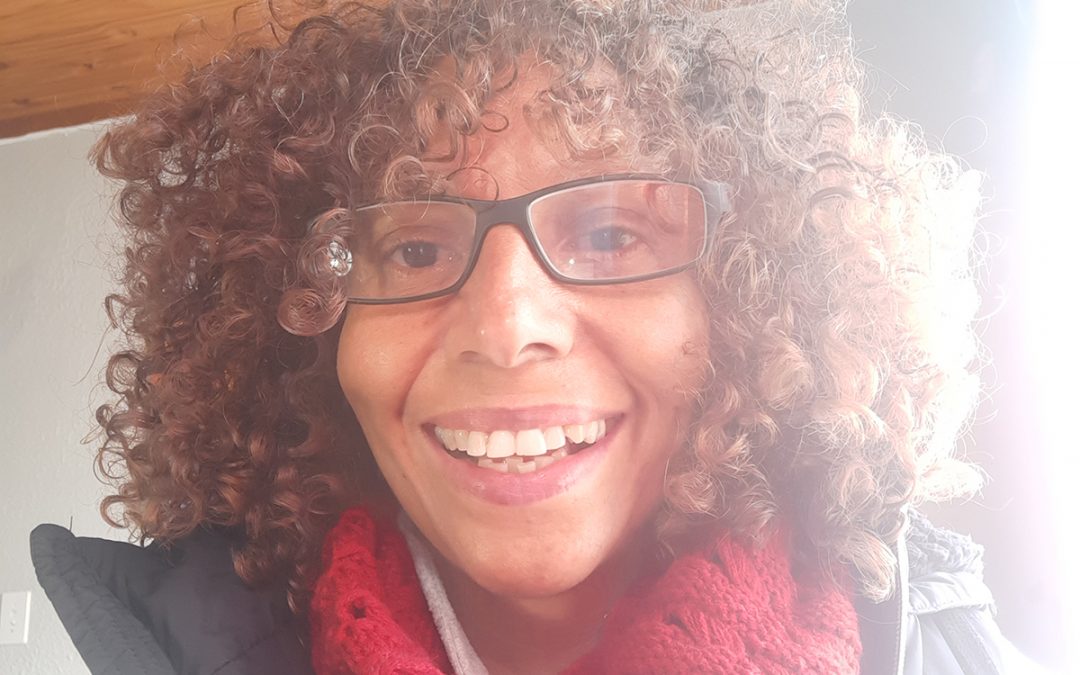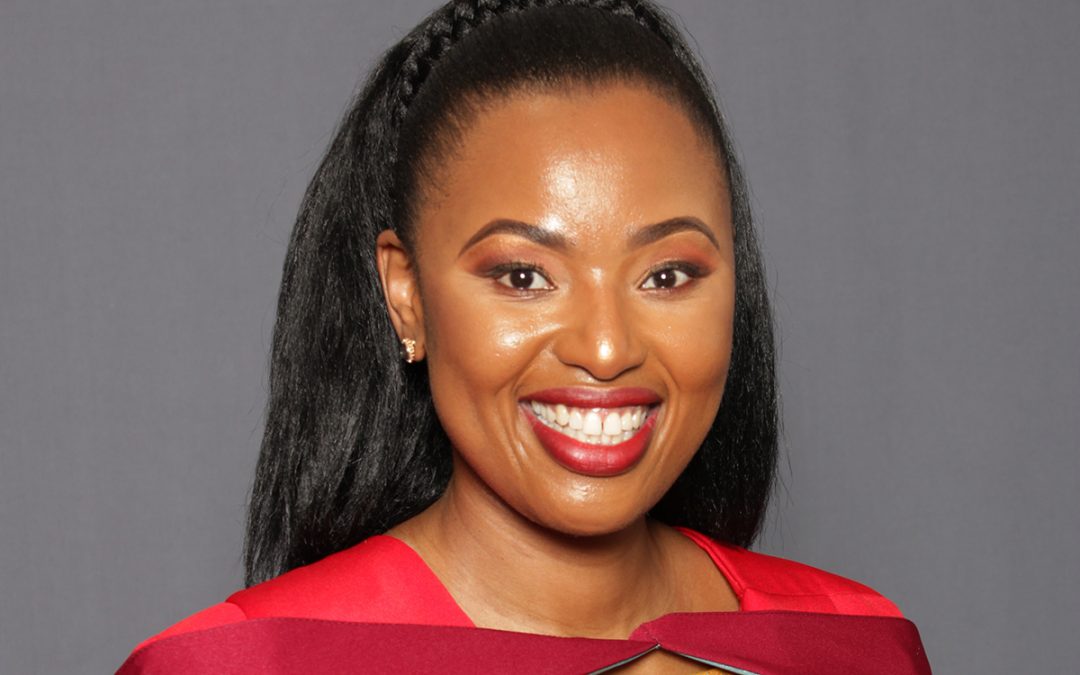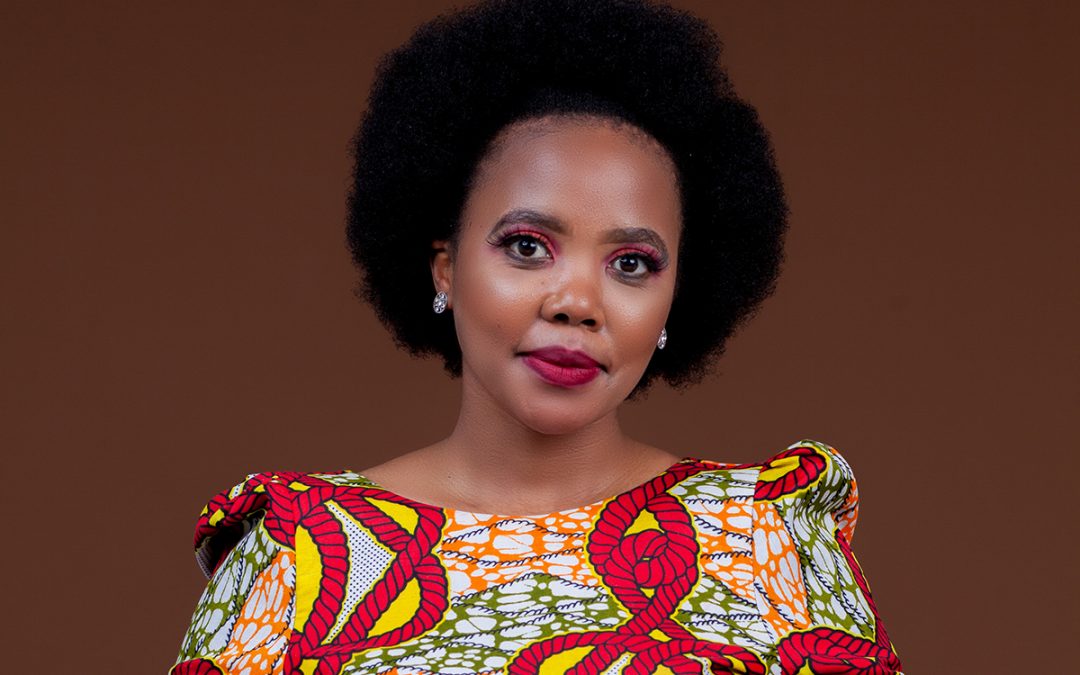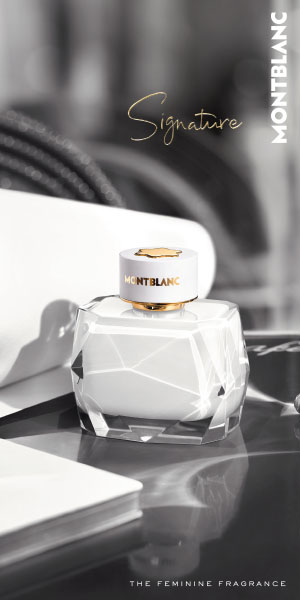Buhle Madlala’s intuitive knack for entrepreneurship is the fuel behind her remarkable trajectory in sports marketing.
The award-winning brand strategist and events planner is the co-founder of the National Cycling Academy Forum, the largest organisation advocating for and effecting transformation in cycling. She is also a co-owner of the Criterium Racing cycling event. In 2018, Madlala was the event organiser of the inaugural Tour de Limpopo — an elite race comprising continental, national and provincial cycling teams.
The Limpopo Tourism Agency wanted to create a cycling race that would showcase the province as a top tourist destination, and Cycling South Africa had been wanting to launch the first international road cycling stage race. “Being the first event organiser to realise this dream is an experience I will treasure forever,” she says.
Maritzburg-born Madlala cut her teeth in social development as a project manager at Umngeni Water. From there, she moved to an accounts management role in marketing and advertising, working with various government agencies. In 2005, Madlala and her consortium Thinta Thinta Telecommunications helped launch a network that expanded mobile network access in rural areas on the south coast of KwaZulu-Natal. Feeling that there were no further heights for her to ascend to in KwaZulu-Natal, Madlala relocated to Johannesburg, where she worked on an engineering and turnaround strategy for Transnet. Here, she gained experience working with executives at a board level. The hosting of the 2010 Fifa World Cup in South Africa provided the perfect opportunity for Madlala to turn her focus to sports marketing. As part of the ticketing and hospitality programme, she was responsible for selling the most stadium hospitality packages for the Confederations Cup — an achievement for which she received an award. This experience enabled her to start her own sports marketing agency.
Madlala is most compelled to make a change in cycling as she feels that representation in the sport excludes the majority. “Cycling is not a widely accessible sport in South Africa and this situation did not change in post-democratic South Africa. In the Olympics in Tokyo — and for the first time in the history of the Tour de France — Nic Dlamini is the only professional black cyclist to represent Africa. Our country has not invested in cycling development at a grassroots level. I want to push for change and help structure and formalise cycling academies in underprivileged areas where academies are excluded from meaningful participation in cycling administration, events and high-performance cycling,” she says.
Madlala, who was a runner up on the fifth season of Survivor South Africa: Champions, says that sport has always been an integral part of her life. “I’ve always been athletic, love the wilderness and enjoy the outdoors. I wanted to have a career that felt like a hobby and the universe has aligned these experiences so far,” she says.
Although Madlala would like her work to feel like leisure, she does hope the day that sportswomen stop getting paid in pocket change comes sooner rather than later. “The sports business is predominantly male-dominated. Women have to work harder to prove their worth in administrative and coaching elements of this business. I hope that one day women will get offered the same credentials and afforded the same opportunities as their male counterparts. Women athletes still get paid far less than men and are overlooked for sponsorship, which undermines their talent. This needs to be a more open discussion so that it can change.”
I hope that one day women will get offered the same credentials and afforded the same opportunities as their male counterparts. Women athletes still get paid far less than men and are overlooked for sponsorship, which undermines their talent.


